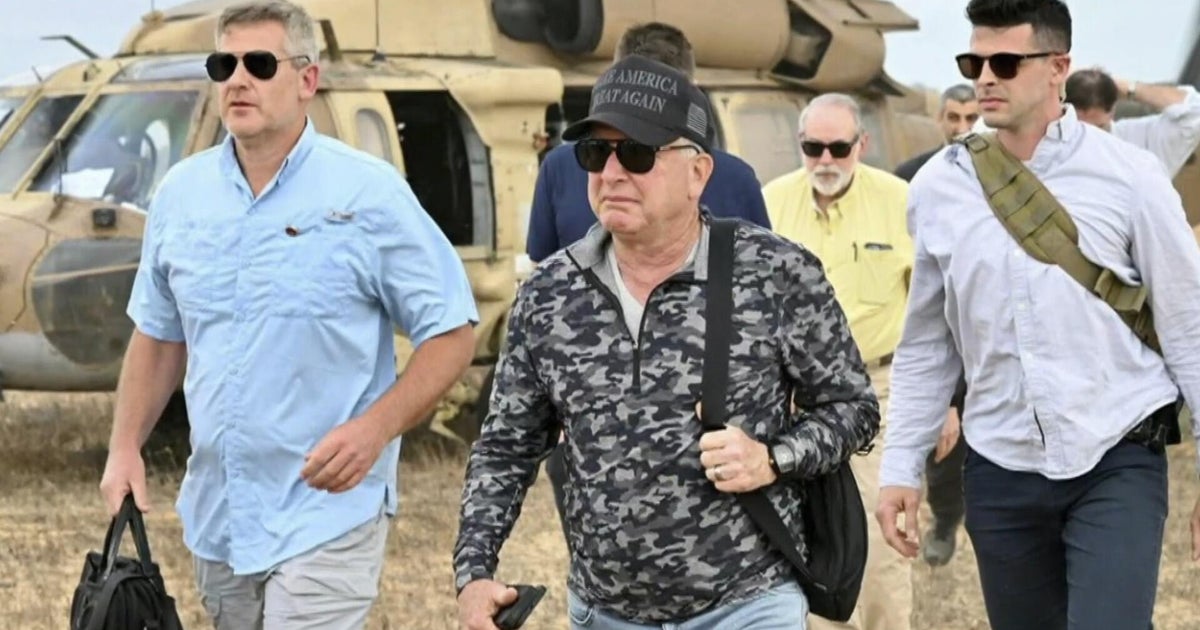A Ukrainian drone commander has revealed astonishing footage of Russian forces attempting to storm Ukrainian lines on motorbikes - only to be wiped out in what he described as a scene from Mad Max. Dimko Zhluktenko, a former software engineer turned UAV reconnaissance pilot, described the strike in detail, offering a rare front-line account of how drones and precision artillery are transforming the battlefield.
“Yesterday, I was sitting at a position, and I was looking at the live stream of another unit,” he told podcaster Jonathan Fink. “They were filming how Russians - 20 of them - were just advancing through the field about five kilometres away from the front line. Twenty of them, and all of them by the end of that field were destroyed by FPV drones and artillery.
“This is the tactic that they are using. There is literally no mechanised assault in our direction - all of the gains that they are getting are solely from those small groups.”
Zhluktenko commands a fixed-wing reconnaissance UAV team operating as part of Ukraine’s elite Unmanned Systems Forces.
His aircraft fly deep into Russian-held territory, scanning for artillery positions, radar arrays and high-value command posts.
“Most of our flights are into Russian-held territory,” he said.
“We locate valuable things - air defences, artillery, electronic warfare systems - confirm they’re real and active, and pass that intel on to strike groups.”
Those strike groups might include explosive drones like Switchblades or Darts, or conventional artillery units and rocket systems such as HIMARS - the American-made launcher which killed Russian Navy deputy commander-in-chief Major General Mikhail Gudkov earlier this week.
In each case, Zhluktenko’s unit provides the essential real-time data that guides Ukrainian strikes, helping Kyiv maximise its limited resources and inflict disproportionate damage.
His account comes at a time when Ukraine is scaling up domestic drone production and introducing new tactics to offset Russian firepower.
“If you do it right, you don’t need 10 guys. You just need one or two, a good van, and good equipment,” he said.
Zhluktenko also runs Dzyga’s Paw, a volunteer-led initiative that delivers drones, communications kits and tech gear to Ukrainian frontline units.
Much of the equipment he flies with was crowdfunded by international donors.
“I had a house in Kyiv. I had a successful IT career,” he said.
“But now I sleep in a van near the front line and spend my days flying drones to hunt Russian targets.”
He described the psychological impact of drone-enabled strikes on Russian soldiers, who are often unaware they are being watched until it is too late.
“We can hear their radio traffic. We can hear the moment when their squad leader gets killed. We can hear the panic,” he said. “And the moment they hear a drone buzzing above, they stop moving. They know it’s going to happen.”
Morale collapse is sometimes visible on drone cameras.
“Some of them just stay put, hoping it will miss. Some of them run in circles. Some of them lie down flat. It doesn’t help.”
Zhluktenko’s insights pointed to the growing role of AI, automation and software engineers in modern warfare.
“We are now training new guys not just to fly,” he said, “but to read radio frequencies, to write Python scripts, to manage battlefield data.”
The transformation of battlefield roles is accelerating. “You need people who can both code and shoot,” he added: “That’s what this war demands.”
At one point, he described how his team tracked a visiting Russian general during a base inspection.
“We didn’t strike him,” he said. “But we knew who he was, where he was, and how long he stayed.”
But on Wednesday Ukraine did strike - killing Gudkov and a group of senior officers in the Kursk region of Russia in one of the most high-profile Ukrainian assassinations to date.
Gudkov, whose 155th Guards Naval Infantry Brigade has been accused of multiple battlefield atrocities, was reportedly directing operations near the border when the command post was hit.
“Ukraine knows it will be a while before any of these Russian officers face war crime trials at The Hague, and is increasingly adopting a kind of Israeli-style approach when it comes to war crimes,” said Edward Lucas of the Center for European Policy Analysis (CEPA).
“They say, we will hunt you down and kill you. If you commit a war crime, you will never sleep easily and you won’t live that long.
"And that’s a very powerful morale corroded on the Russian side.”

 4 weeks ago
10
4 weeks ago
10








![35-year-old American moved to Chengdu and lives on $30,000 a year: '[It's] poverty in America, but in China I'm living large'](https://image.cnbcfm.com/api/v1/image/108167583-1751548516689-chinacelia1.jpg?v=1751549197&w=1920&h=1080)

 English (US) ·
English (US) ·